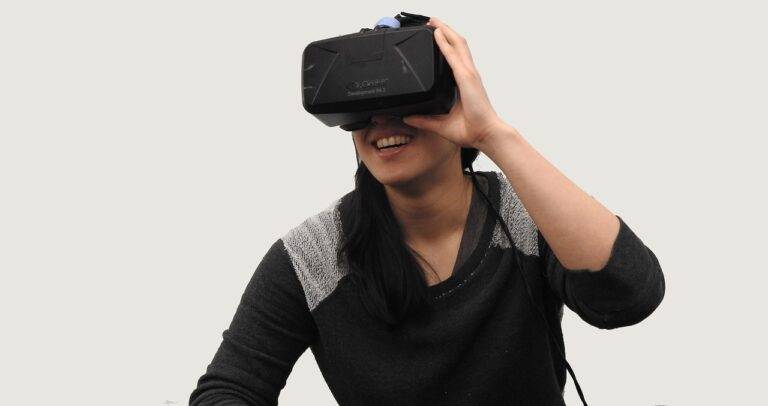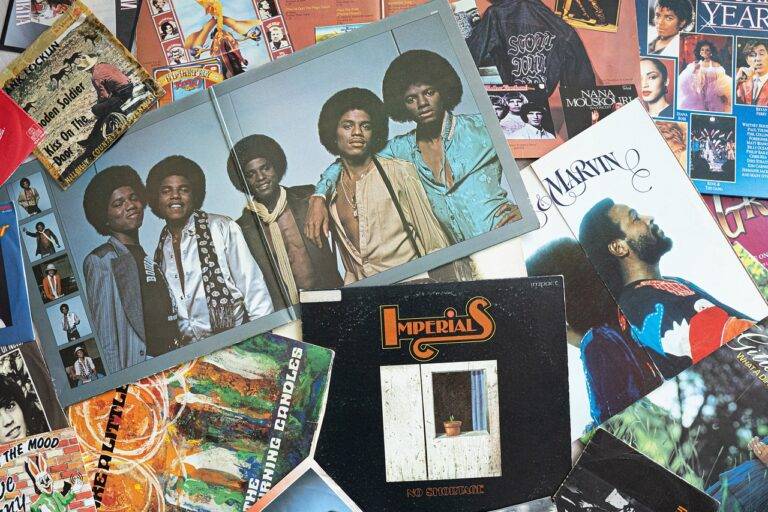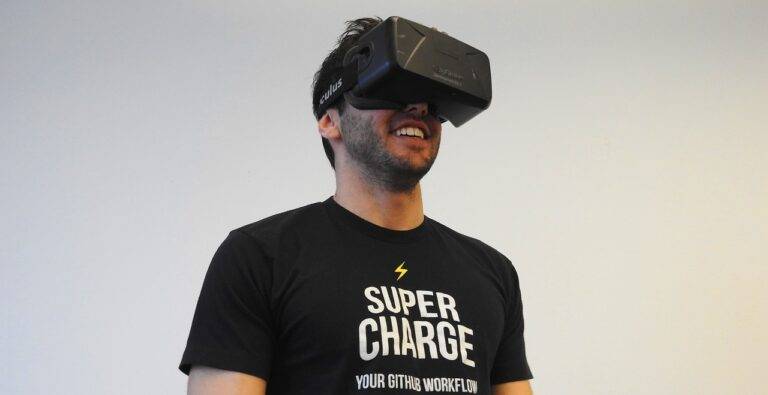Analyzing the Relationship Between Video Games and Mental Health
Video games have come a long way since their inception in the mid-20th century. Initially perceived as mere sources of entertainment, they have evolved to encompass a wide array of genres, platforms, and complexities. With this evolution, the impact of video games on mental health has garnered increasing interest from researchers and psychologists.
Early video games like Pong and Space Invaders provided simple yet engaging gameplay experiences. As the industry grew, so did the intricacy and immersion of games, leading to concerns about their potential effects on mental health. The enticing nature of video games, coupled with their ability to elicit strong emotions and reactions, has sparked discussions about the relationship between gaming and various mental health conditions.
The Impact of Video Games on Cognitive Function
Video games have been a subject of fascination in recent years, with researchers exploring their effects on cognitive function. Studies show that engaging in video games can lead to improvements in various cognitive skills. Reaction time, spatial awareness, attention to detail, and multitasking abilities are among the cognitive functions that can be positively influenced by regular gameplay.
Moreover, certain types of video games have been found to enhance problem-solving skills and strategic thinking. Players often have to think critically, adapt quickly to changing situations, and devise tactics to overcome challenges within the game. These mental processes not only stimulate the brain but also help individuals sharpen their problem-solving abilities in real-life situations.
How Video Games Can Improve Problem-Solving Skills
When playing video games, individuals are often faced with various challenges and obstacles that require quick decision-making and problem-solving skills. These cognitive demands can help improve one’s ability to think critically and strategically in order to overcome the virtual challenges presented in the game. By engaging in problem-solving tasks within the game environment, players can enhance their problem-solving skills and adaptability to different situations.
Moreover, video games often require players to analyze complex problems, think creatively, and come up with effective solutions in a fast-paced environment. This constant need to problem-solve and strategize in real-time can help individuals develop their analytical skills and enhance their ability to think on their feet. As a result, regular participation in video games that involve problem-solving elements can lead to improved problem-solving skills that can be applied in various real-life situations.
Can playing video games actually improve problem-solving skills?
Yes, research has shown that playing video games can enhance cognitive abilities such as problem-solving skills.
How do video games impact cognitive function?
Video games can improve cognitive function by requiring players to think critically, strategize, and make quick decisions.
What is the history of video games and mental health?
Video games have been linked to both positive and negative effects on mental health, with some studies suggesting they can improve problem-solving skills and others highlighting potential risks like addiction or aggression.
Are there specific types of video games that are more effective at improving problem-solving skills?
Certain types of video games, such as puzzle games or strategy games, are particularly effective at enhancing problem-solving abilities due to their focus on critical thinking and decision-making.
How can individuals incorporate video games into their routine to benefit their problem-solving skills?
By setting aside time to play video games that require problem-solving and critical thinking, individuals can actively work on improving their cognitive abilities in a fun and engaging way.





